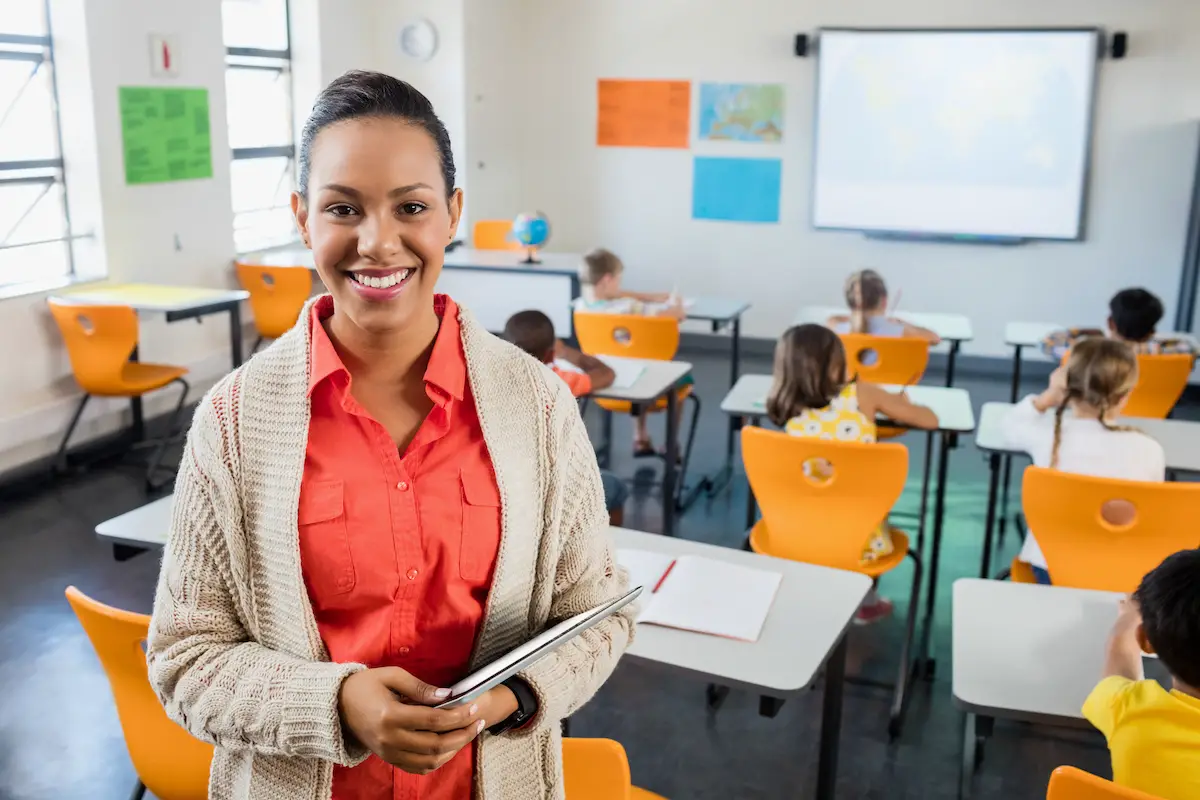Can Teachers Make Special Education Better?

Estimated reading time: 4 minutes
Table of contents
Teachers understand better than most that special education in America is not as good as it could be. While education, in general, is underfunded, students with disabilities tend to receive the dregs of their school budgets despite having special needs that require particular tools in the classroom. Special education teachers, as well, tend to receive lower salaries than their peers in education. It is little wonder that there is perpetually a dearth of trained and passionate special educators in America.
Fortunately, there are some teachers who are committed to improving circumstances for their students with disabilities. Because teachers tend to lack authority within the school system, it might not always be obvious how special educators can make positive changes for their classrooms and students. Here are some tips and tricks for special education instructors eager to make special education better for everyone involved.
Work Alongside GenEd Teachers
The entire education system is closely connected. Though many special education teachers might feel some animosity toward general educators, who tend to receive the lion’s share of school funding despite having students with much simpler classroom needs, the truth is that SpEd and GenEd instructors should work in unison to improve the performance of the entire student body. Studies have found that better test scores from the general student population correlate to better scores from students with special needs.
SEE ALSO: How Technology Benefits Education | 7 Ways Tech is Taking Over
In part, this is due to the increasing integration of students with disabilities into general education classrooms. This policy of inclusion has been shown to improve the self-esteem and emotional, behavioral, and intellectual development of students with disabilities. However, working with GenEd teachers can give special educators more bargaining power with their school administration and district. By functioning as a united front, teachers can secure more funding for themselves and their students.
Develop Professional Knowledge and Skill
All educators need a bachelor’s degree in education and state certification to lead a classroom. However, most teachers eventually pursue advanced credentials, which in addition to providing expert instruction in teaching and classroom leadership techniques can also increase a teacher’s earning potential.
Special education teachers can enroll in an online program for a Master of Arts in Special Education while maintaining their role in the classroom. Often, these advanced special education programs give teachers more insight into psychological and physiological factors affecting students with disabilities and provide better tools and strategies for developing classrooms and lesson plans that address unique needs.
Use Paraprofessionals Properly
It is typical for special education programs to rely heavily on paraprofessionals, who provide myriad invaluable services to teachers and students alike. Yet, few teachers are taught how to work with paraprofessionals, so few special education classrooms utilize the expertise of paraprofessionals properly.
In most cases, teachers should try to direct the paraprofessional support they receive to the health and behavioral needs of their students. Students with more severe disabilities need more significant attention placed on their comfort and safety, and paraprofessionals can supply this service with ease.
Aides should be discouraged from assisting students with academic concerns. Students who require more intensive academic assistance should be served with additional instruction time from content-strong teachers and specialists trained to provide support in specific subjects.
Focus on Student Outcomes
Special education teachers need to use all the resources at their disposal to understand how students are responding to current practices, but student outcomes are among the most valuable tools for determining the best course of action. While the school administration might be intent on managing inputs — increasing the number of paraprofessionals in the classroom, for example — the extra cost of inputs does not always directly translate to extra student success.
In special education, individual achievement levels matter more than classroom performance, and teachers will need to modify their strategies for instructing specific students to see the outcomes they desire.
Use Time Wisely
Time is a special educator’s most valuable resource. Typically, students with special needs require additional time with instructors to understand and master course materials, but many schools are uncertain how to allow that extra time without infringing on the time and instruction of other students.
SEE ALSO: How to Limit Your Time on Social Media
The best solution is to build into daily schedules a support period, during which students with disabilities can receive more dedicated attention from teachers or subject experts. Students should be permitted to use this period to focus on the subjects they are struggling with; it is not additional instruction time but an opportunity for students to catch up on their studies under the supervision of a knowledgeable instructor.
Special education teachers have more control over the experience of their students than they might expect. By working with the rest of the school’s teaching staff and implementing a series of small but impactful changes in their classrooms and curricula, special education teachers can ensure that every student achieves their objectives and reaches success.







